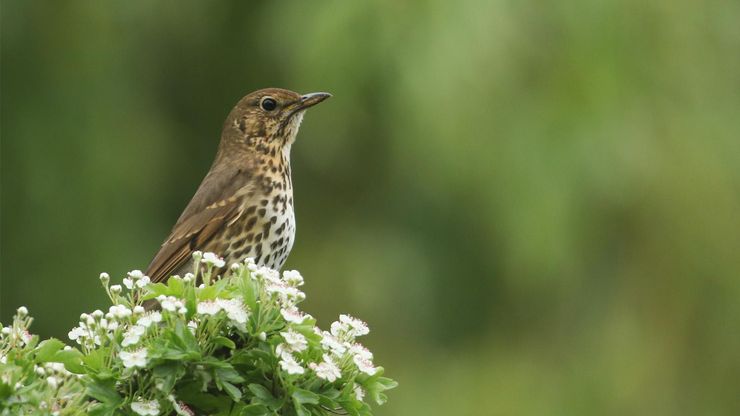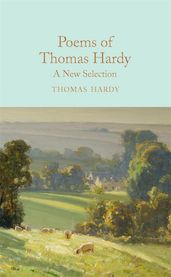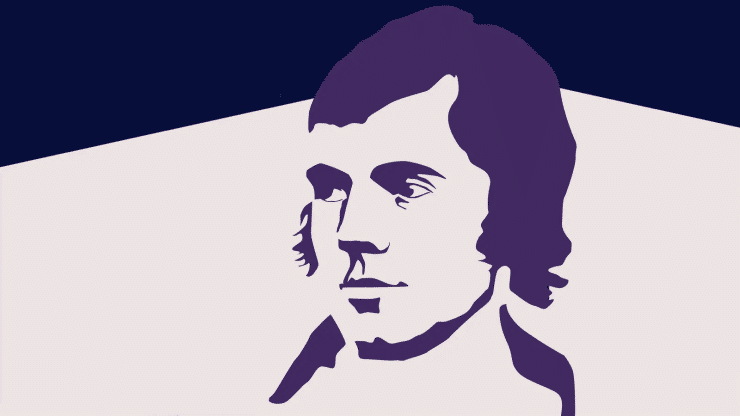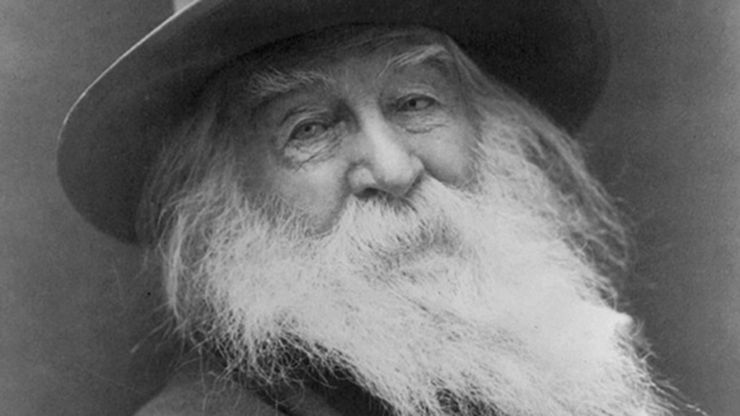Our favourite Thomas Hardy poems
Read some of our favourite Thomas Hardy poems chosen from the new Macmillan Collector's Library edition.

Thomas Hardy was born in Stinsford, Dorset on 2nd June 1840. Although he is perhaps best known for his novels, which include Tess of the d'Urbervilles, Far from the Madding Crowd and The Mayor of Casterbridge, Thomas Hardy also wrote poetry throughout his life.
Macmillan Collector’s Library's collection of the Poems of Thomas Hardy are selected and introduced by journalist and author Ned Halley. Here, Ned shares his three favourite Thomas Hardy poems from the collection.
Discover our edit of the best poetry books.
'Your Last Drive', is one of a series of memorial verses written after Hardy’s wife Emma suddenly and unexpectedly died in 1912. The couple had long been estranged, and Hardy’s grief, magnified by his regret and his atheism, is beautifully expressed in this immortal poem of mourning which opens;
'Your Last Drive' by Thomas Hardy
Here by the moorway you returned,
And saw the borough lights ahead
That lit your face – all undiscerned
To be in a week the face of the dead,
And you told of the charm of that haloed view
That never again would beam on you.
Hardy’s love of country life, aglow and fecund one moment, red in tooth and claw the next, is as much a theme in the poems as it is in the bucolic novels. 'The Darkling Thrush' singing his old heart out in bleakest winter is a superb example. Here’s the first verse;
'The Darkling Thrush' by Thomas Hardy
I leant upon a coppice gate
When Frost was spectre-gray,
And Winter’s dregs made desolate
The weakening eye of day.
The tangled bine-stems scored the sky
Like strings of broken lyres,
And all mankind that haunted nigh
Had sought their household fires.
Hardy became a stern atheist, but wrote with lyrical grace about mankind’s unceasing urge to devise deities. His poem ‘God’s Funeral’ of 1908-10 includes this extraordinary testament in verse VIII:
'God’s Funeral' by Thomas Hardy
And, tricked by our own early dream
And need of solace, we grew self-deceived,
Our making soon our maker did we dream,
And what we had imagined we believed.
Poems of Thomas Hardy
by Thomas Hardy
Choosing the best verse from each volume of his eight collections, the Poems of Thomas Hardy is the perfect introduction to Hardy's lyrical, soul-searching and profoundly sincere poetry, covering subjects ranging from his grief at the death of his first wife to his experiences of war.



